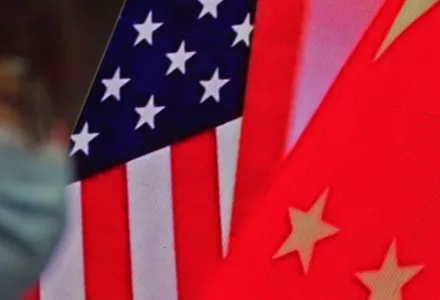
Abstract
The Covid-19 crisis has prompted ongoing debates over the implications of the pandemic for the future of globalization, international order, and the deepening U.S.–China strategic rivalry. Too often, however, these debates betray a disinclination to think historically about the nature of globalization. Yet globalization has deep historical roots, and its development and periodic crises throughout history have been closely linked to shifting geopolitical conditions. This article therefore argues and seeks to demonstrate that "global history," with its roots in the study of empires and transnational integration, provides a useful intellectual framework for better understanding the powerful forces currently reshaping the international system—most significantly geopolitical competition and economic decoupling between the United States and China in the age of Covid-19.
Thompson, Graeme. "Globalization, Geopolitics, and the U.S.–China Rivalry after Covid-19." Journal of Applied History, (2021)
The full text of this publication is available via Journal of Applied History.




